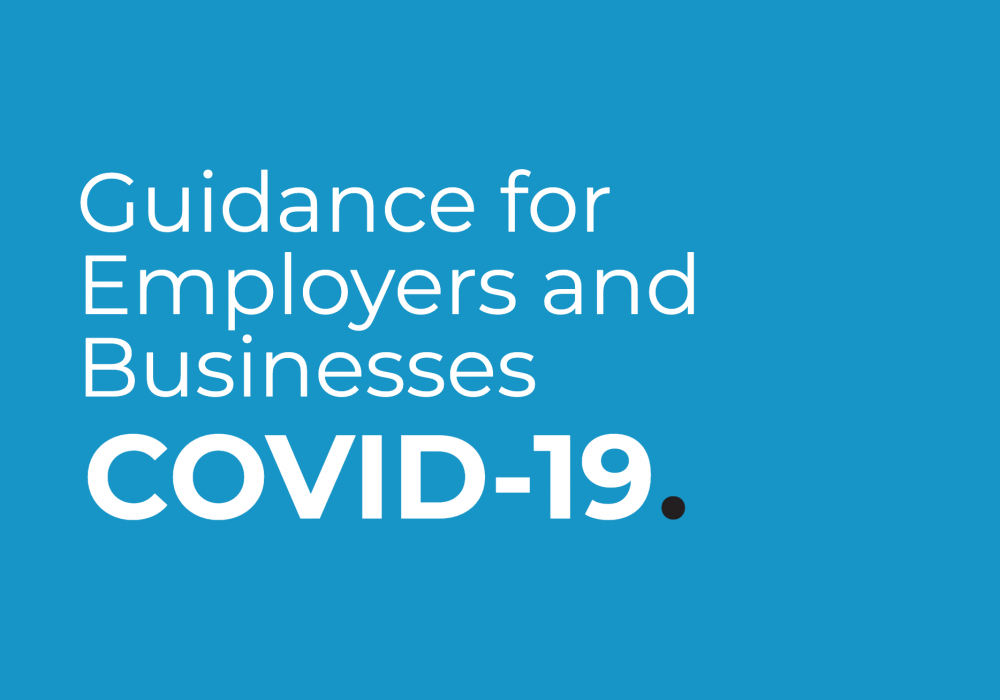Businesses worldwide are creating protocols to minimize the disruption caused by the COVID-19 outbreak to an acceptable level through a combination of preventative and recovery controls. Businesses across the World are safeguarding their prospects through smart, preemptive strategies, some of them being - usage of technological assets & the power of the modern work culture. Below are a few tenets we believe should be considered:
1.Companies can encourage their employees to work from flexible workspaces near their homes or even work from home
This could not only reduce the strain on the company's OPEX sheet, but it could also improve employee morale during these trying times by reducing travel stress and by enabling them to be closer to their homes. With schools being temporarily shut down (particularly in the UAE), this could also help employees tremendously in taking care of their children and keeping up with work at the same time.
2.More digital video conferences
The travel industry has already taken a huge hit due to travel restrictions and cancelled trips for both business and pleasure. There has been a sharp drop in travel across the Pacific, not just to and from China, the epicentre of the outbreak, but also to other Asian countries. However, the proverbial show, as they say, must go on. Encouragement of doing more digital video conferences among businesses would go a long way in cushioning the damage brought about by the travel bans.
3.More video calls less meetings
There is nothing better than a good old fashioned face-to-face meeting when conducting business. However, companies can benefit tremendously if they can better embrace the digital transformation of their landscape. Of course, face-to-face interactions are more effective, but video calls can be extremely close to the real thing while clamping down on travel costs and reducing risks of infection at the same time.
4.Process payments digitally
The digital payments ecosystem is on a growth curve, and a collaborative ecosystem with financial services, Third Party payment vendors and Fintech enterprises will emerge in the years to come. Laboratory simulations have revealed that penicillin-resistant S. aureus and other viruses can easily survive on coins, whereas E. coli, Salmonella species and viruses, including human influenza virus, Norovirus, Rhinovirus, hepatitis A virus, and Rotavirus, can be transmitted through hand contact (read paper money). Sanitary reasons aside, its fair to say that paper money transactions as out-dated and have paved the way for the quick rise of digital payment gateways. Consumers prefer faster and convenient solutions in all walks of life.
5.Paperless communications - documentation techniques, invoices, billing, contracts, etc
From and OPEX point of view, the cost savings alone would be a strong enough reason for companies (especially those with heavy document transactions) to implement paperless communication strategies throughout the hierarchy. A paperless communication system is not only cost-efficient, but also faster, more convenient and safer.
With our member companies running #flexibleworkspaces understandably anxious to be taking appropriate steps to help prevent the spread of #coronavirus, we want to ensure everyone has access to the latest information. This is specific to employers and businesses, and sets out what should happen at both precautionary and reactionary stages:
6.What to do if an employee or a member of the public becomes unwell and believe they have been exposed to COVID-19
If someone becomes unwell in the workplace and has travelled to China or other affected countries, it would be prudent to have the medical authorities notified and the unwell person should be removed to an area which is at least 2 metres away from other people. If possible find a room or area where they can be isolated behind a closed door, such as a staff office. If it is possible to open a window, do so for ventilation. They should avoid touching people, surfaces and objects and be advised to cover their mouth and nose with a disposable tissue when they cough or sneeze and put the tissue in a bag or pocket then throw the tissue in the bin. If they don’t have any tissues available, they should cough and sneeze into the crook of their elbow. If they need to go to the bathroom whilst waiting for medical assistance, they should use a separate bathroom if available.
7. Advice for staff returning from travel anywhere else in the world within the last 14 days
Currently, there are minimal cases outside the officially listed countries and therefore the likelihood of an individual coming into contact with a confirmed case is extremely low. These staff can continue to attend work unless they have been informed that they have had contact with a confirmed case of COVID-19. If individuals are aware that they have had close contact with a confirmed case of COVID-19 they should contact the local authorities for further advice.
The viral outbreak has forced us to accelerate our digital transformative thinking along with the quicker adoption of the new age style of flexible working. We believe telecom providers can play a big role in helping business communities in better implementing these changes by providing more data at better rates and enabling video calls to the user to minimize human interaction.
Even though the overall mood World-over is that of caution, history has shown us that we have been capable of surpassing seemingly insurmountable odds with during harder times with inferior resources. The worst may or may not be behind us. Regardless, as the effects of the coronavirus epidemic continue to spool out, the light at the end of the tunnel seems just as bright as ever.







